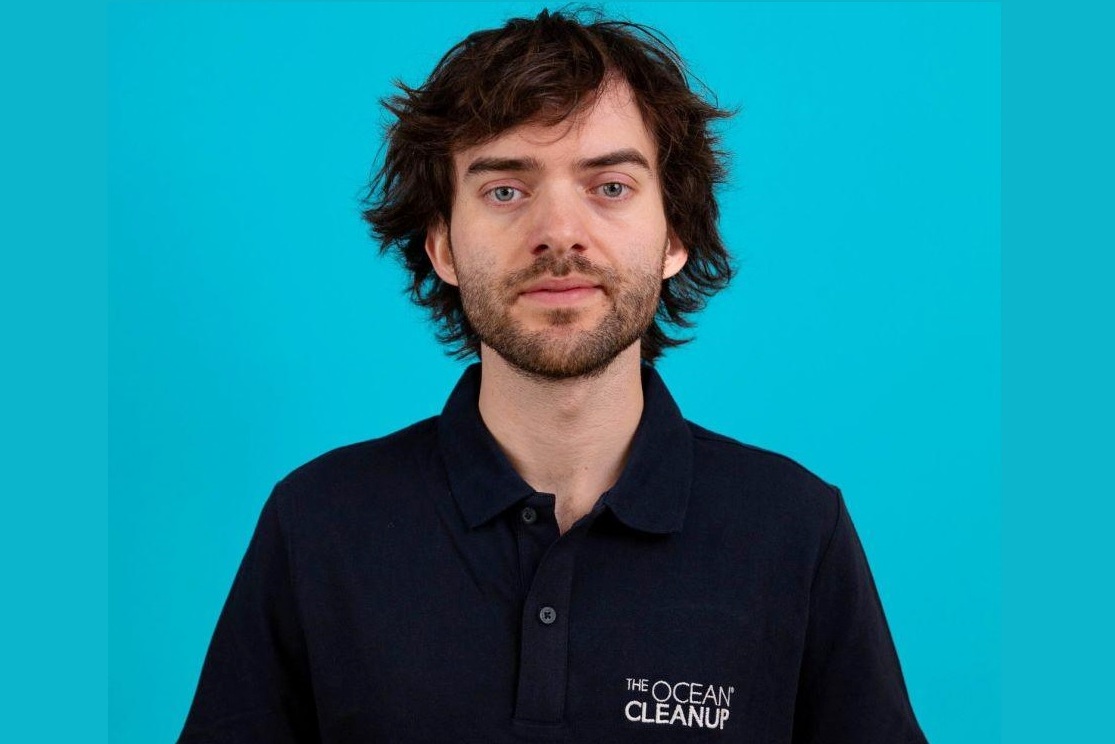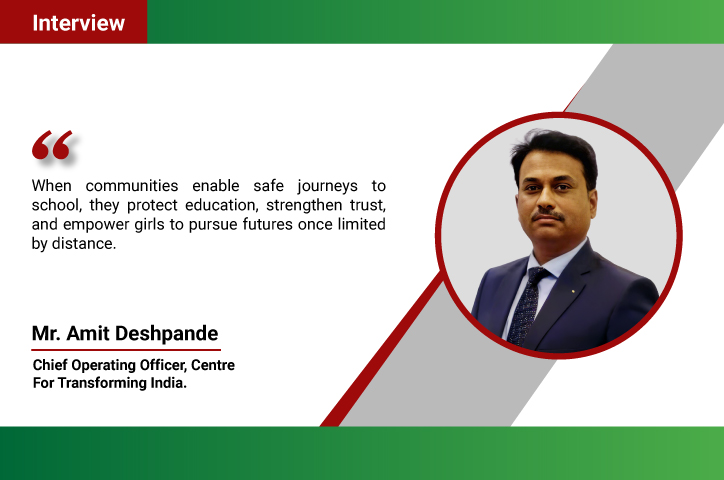Pahwa Group's CSR initiatives epitomize a seamless blend of business growth, social responsibility, and sustainability, highlighting the role businesses can play in creating lasting positive change in society. Among the five companies that make up the Group, Bry-Air (Asia) Pvt Ltd and Desiccant Rotors International Pvt. Ltd. (DRI) come under the provisions of the CSR Act. Though each company has distinct mandates, all initiatives converge with the group's overarching vision which revolves around a core mission: to improve the quality of life for marginalized communities.
The Group’s belief in the reciprocal relationship between business and society fuels their commitment to creating genuine change. The initiatives are strategically executed, with a particular focus on the rural areas adjoining Gurugram, where the group's manufacturing facilities are located. This proximity allows them to gauge the real-time impact of their projects and build strong bonds with the communities they serve.
The key focus areas of Pahwa Group's CSR initiatives are Vision (Eye Care), Education, and Environment. These areas were carefully chosen for their significance and potential to create positive change. Inspired by the legacy of Rai Bahadur Dr. Mathra Das Pahwa, the group's initiatives aim to carry forward his mission of giving back to society. From providing free eye check-ups and cataract surgeries to empowering women through skill development and promoting sustainable agriculture, their initiatives have positively impacted thousands of lives.
In this interview with TheCSRUniverse, Ms. Anandita Pahwa, Head - CSR, Pahwa Group, takes us through their inspirational social journey, the strategic process of selection of projects and partners and their future vision of creating sustainable livelihoods and fostering sustainable agriculture in the region.
Scroll down for valuable insights from the full interview:
Q. What is the vision and mission of Pahwa Group's CSR initiatives? How does it align with the overall goals of the company?
A. The vision and mission of Pahwa Group's CSR initiatives are centred on improving the quality of life for the underprivileged communities. We believe that our business activities have a direct and indirect impact on the communities we operate in, and we strive to make a real difference.
We have executed quite a few of our initiatives in the rural areas adjoining Gurugram, as we have our manufacturing facilities in the same area and it allows us to create genuine change in our vicinity. It also allows us to gauge the impact of our activities in real-time, as well as build a stronger bond with the communities that we serve. Moreover, Pahwa Group has long focused on offering energy-efficient and sustainable-centric solutions, hence our CSR efforts towards environment conservation align with our larger goals.
Q. As per the website of Pahwa Group, five separate companies are included under the group (Bry-Air, DRI, TDS, Delair, Bry-Air Prokon). Does each company have a distinct CSR mandate? If so, how do they align with the overall vision of the group?
A. We are proud to say that Pahwa Group has been implementing CSR Initiatives since 2011, even before the CSR Act came into picture in 2014. However, according to section 135 of Companies Act, the CSR provisions are applicable for only two of our companies, namely Bry-Air (Asia) Pvt Ltd and Desiccant Rotors International Pvt. Ltd. (DRI).
Both the companies have distinct CSR mandates and implement the initiatives separately. The overall CSR policy is, however, designed in a manner that helps us to archive the larger vision of the Group.
Q. What are the key focus areas of the Group's CSR initiatives? How were these areas selected and why are they important?
A. The key focus areas of Pahwa Group's CSR initiatives are Vision (Eye Care), Education, and Environment. The Dr. Mathra Das Pahwa Vision Outreach Program was established to provide eye care services to the underprivileged. Our education initiatives focus on providing support to underprivileged children for primary and higher education, as well as skill development programs for women and youth, enabling them to gain employment opportunities. The environmental initiatives include rainwater harvesting, paper recycling, increasing green cover, and improving hygiene and sanitation infrastructure for enhancing cleanliness.
While these areas were selected based on their significance and the potential to create a positive impact in the lives of underprivileged communities, the inspiration behind them is Rai Bahadur Dr. Mathra Das Pahwa, grandfather of Mr. Deepak Pahwa, Chairman – Pahwa Group & Managing Director – Bry-Air.
Rai Bahadur Dr. Mathra Das Pahwa was a renowned eye surgeon and had worked tirelessly in the field of vision, more so, for cataract surgery, free of cost. In 1927, he established a hospital in Moga, which is now known as the Mathra Das Civil Hospital. He also laid the foundation of many educational institutions which are running in his name today; viz Arya Putri Pathsahala, MDAS – High School (1919) (Sr. Sec. School), DM College of Education (1926), Moga and many other similar reputed institutions. Our CSR initiatives today are an attempt to carry forward his legacy and continue his mission of giving back to the society. He has been honoured with many awards for his service to society such as Padma Shri (1954), Rai Bahadur (1921) and many more.
Q. Can you provide examples of some major projects or initiatives undertaken by the group within chosen focus areas?
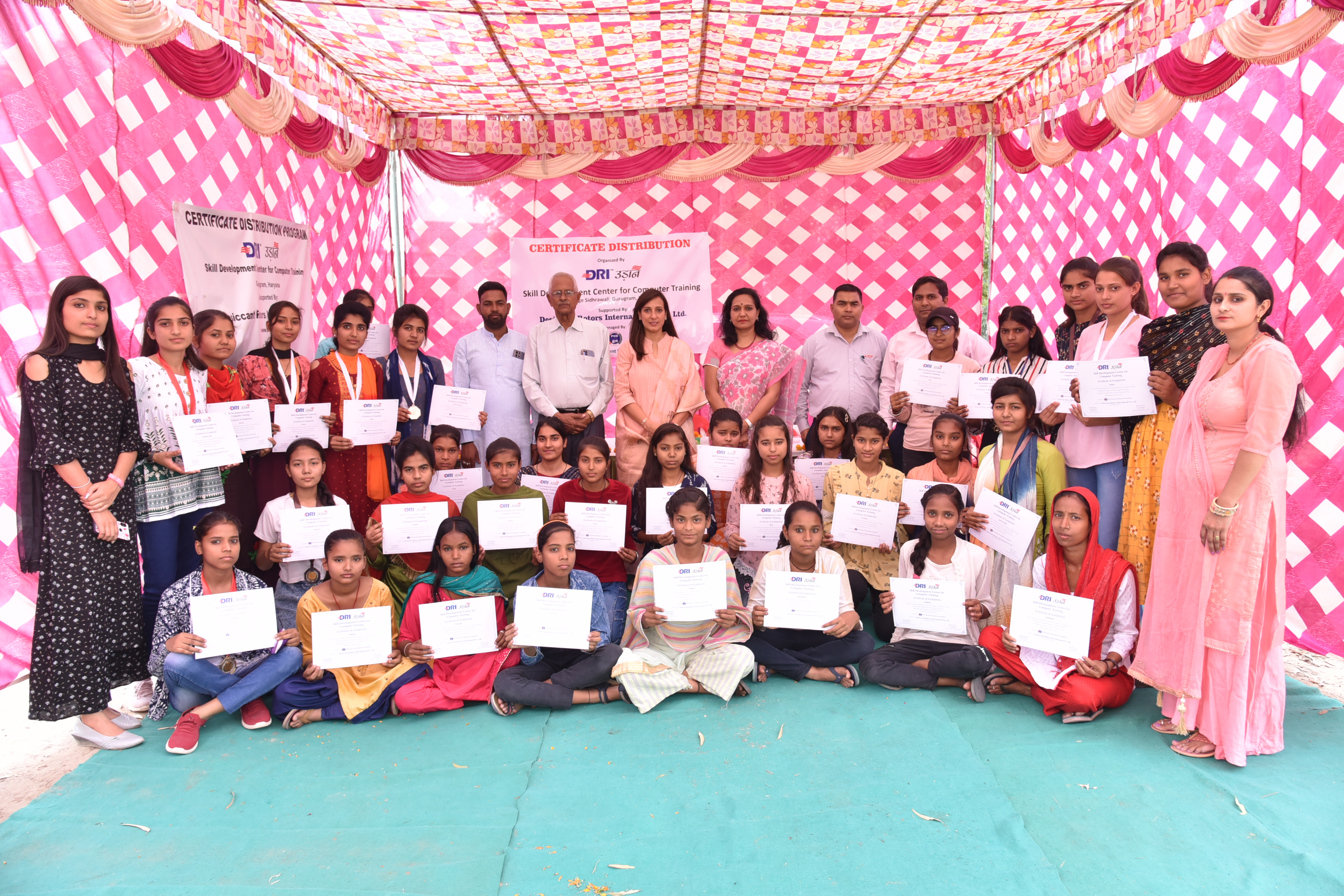 A. Bry-Air and DRI have taken many initiatives in the field of CSR which have generated real-life impact on the underprivileged. Some of the major projects include:
A. Bry-Air and DRI have taken many initiatives in the field of CSR which have generated real-life impact on the underprivileged. Some of the major projects include:
Dr. Mathra Das Pahwa Vision Outreach Program: This flagship initiative provides free eye check-ups, medicine, spectacles, and cataract surgeries to underprivileged individuals in rural areas. Over 39,000 patients have been treated since 2011.
- Skill Development for Visually Impaired: Bry-Air, supports visually impaired students with skill training in basic computer operations and call center communication, making them employable in call centers. This is done in association with our NGO partner, National Association for the Blind Employment and Training (NABET), Manesar.
- Education initiatives: Bry-Air Pathshala and DRI Pathshala are learning centers providing primary education and remedial classes to underprivileged children. In association with NGO, Lliteracy India, these centers focus on digital learning and overall development. Additionally, DRI Gyantantra Digital Dost empowers school-going children through interactive multimedia learning. Overall 410 beneficiaries were enrolled on the platform, including government high schools and government inter Colleges across various locations.
- Skill development initiatives: DRI is also promoting social and economic empowerment of women by enhancing their skills. DRI is running a skill development center providing Beautician & Tailoring courses to underprivileged women/girls in partnership with Humana People to People India in Gurgaon. The objective of the project is to develop self-employment skills so that they can be gainfully self-employed. Till date more than 1350 students have been graduated from the center and many of them are employed at beauty parlors and boutiques in the area.
- Hygiene & Sanitation Projects: Bry-Air has installed water filters with reverse osmosis technology in community water centers, benefiting over 400 people in several village on the outskirts of Gurugram. We partnered with My Anchor Foundation to implement this project. Under its Udaan project, Bry-Air has also constructed 125 toilets in Kaduki and surrounding villages of Alwar district, in association with Sapna NGO. Additionally, Bry-Air and DRI have also constructed 4 check dams in the Hajipur and Dadhikar villages, Alwar to capture and save rainwater, benefiting a total population of 13,000.
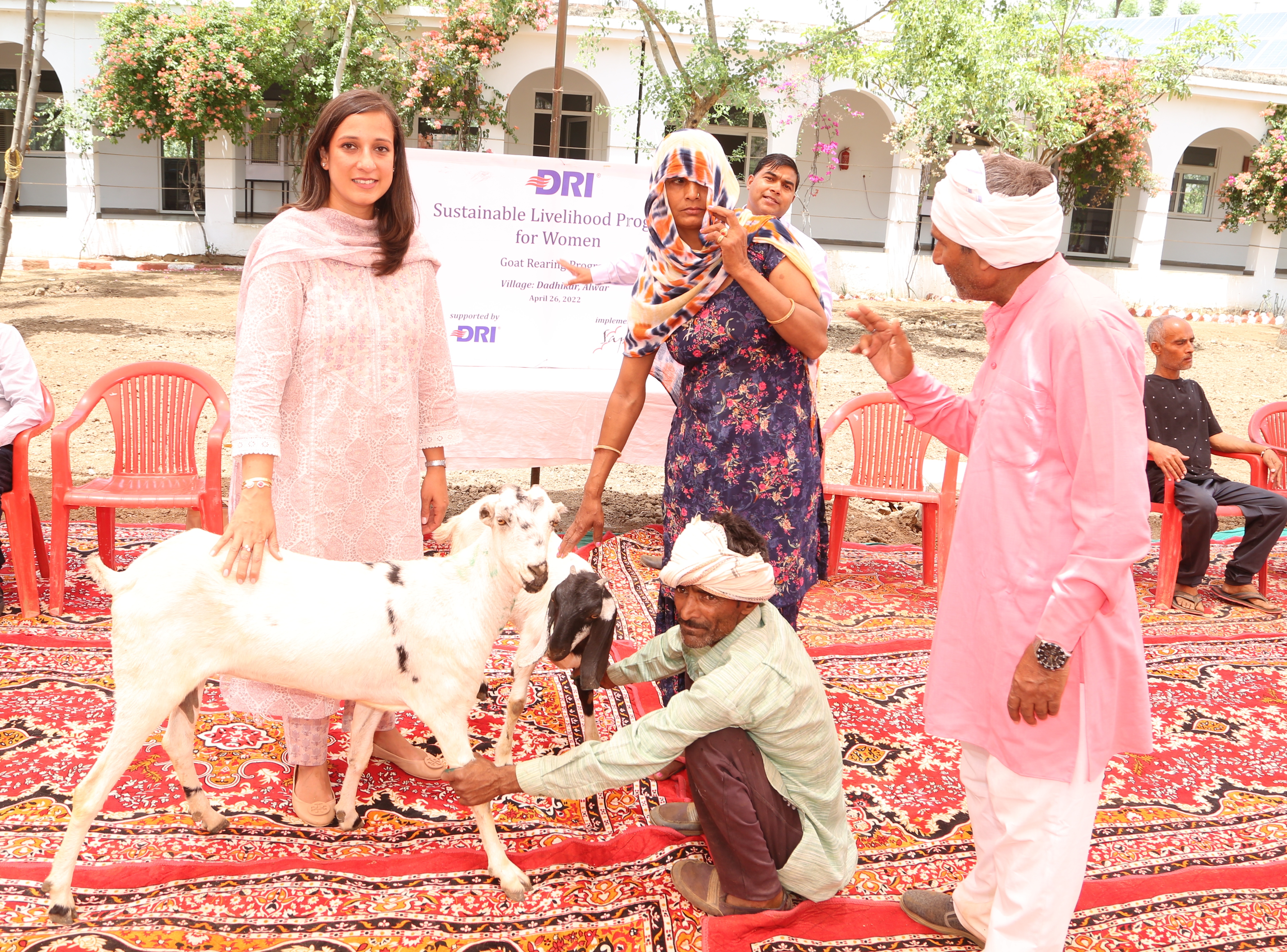 - DRI Sustainable Agriculture Resource Center: One of our most recent initiatives, the Centre was inaugurated in partnership with Sapna NGO. It looks at promoting sustainable agricultural practises, organic farming and helping over 150 farmers improve their soil health.
- DRI Sustainable Agriculture Resource Center: One of our most recent initiatives, the Centre was inaugurated in partnership with Sapna NGO. It looks at promoting sustainable agricultural practises, organic farming and helping over 150 farmers improve their soil health.
- DRI Sustainable Livelihood Program for Women: A new pilot project was started by DRI to generate sustainable livelihood for village women. 50 needy women were chosen, and 2 goats were given to each of them with the aim of uplifting and empowering these rural women by creating a dependable source of income for them through goat rearing.
Q. How do you identify and select implementation partners for its CSR projects? What criteria are used to evaluate potential partners?
A. Pahwa Group follows a robust selection process to identify and select implementation partners for our CSR projects. The first step is obviously to verify that the NGO has all the right registration and compliances. We also deep dive into the company to verify their experience and credibility. But by far, the most important aspect is to assess if their thematic area of work, geographical presence and their overall approach aligns with our focus areas. We also conduct field visits to the NGOs and assess their work in the field to verify their impact and effectiveness.
Q. What are some of the key learnings from your social initiatives? How have these learnings influenced the company's approach to CSR?
A. We pride ourselves in our ability to continuously learn from the results of our social initiatives and incorporating those learnings into our larger approach to CSR. Some key learnings include:
- Community participation: The success of projects is dependent on active participation and involvement of the community. We recognize the importance of engaging the community and incorporate their feedback and suggestions into project planning and implementation.
- Bottom-up approach: Pahwa Group believes in a bottom-up approach, where the needs and aspirations of the community are taken into account. This approach helps in bringing about positive and measurable change in both the communities and the business itself.
- Continuous improvement: We have been committed to continuous improvement and hence, regularly review our CSR projects. Based on the feedback, evaluation and monitoring, necessary modifications are made to enhance the effectiveness and impact of the initiatives.
Q. How do you measure the impact of your CSR initiatives? What metrics or indicators are used to assess the effectiveness and success of these initiatives?
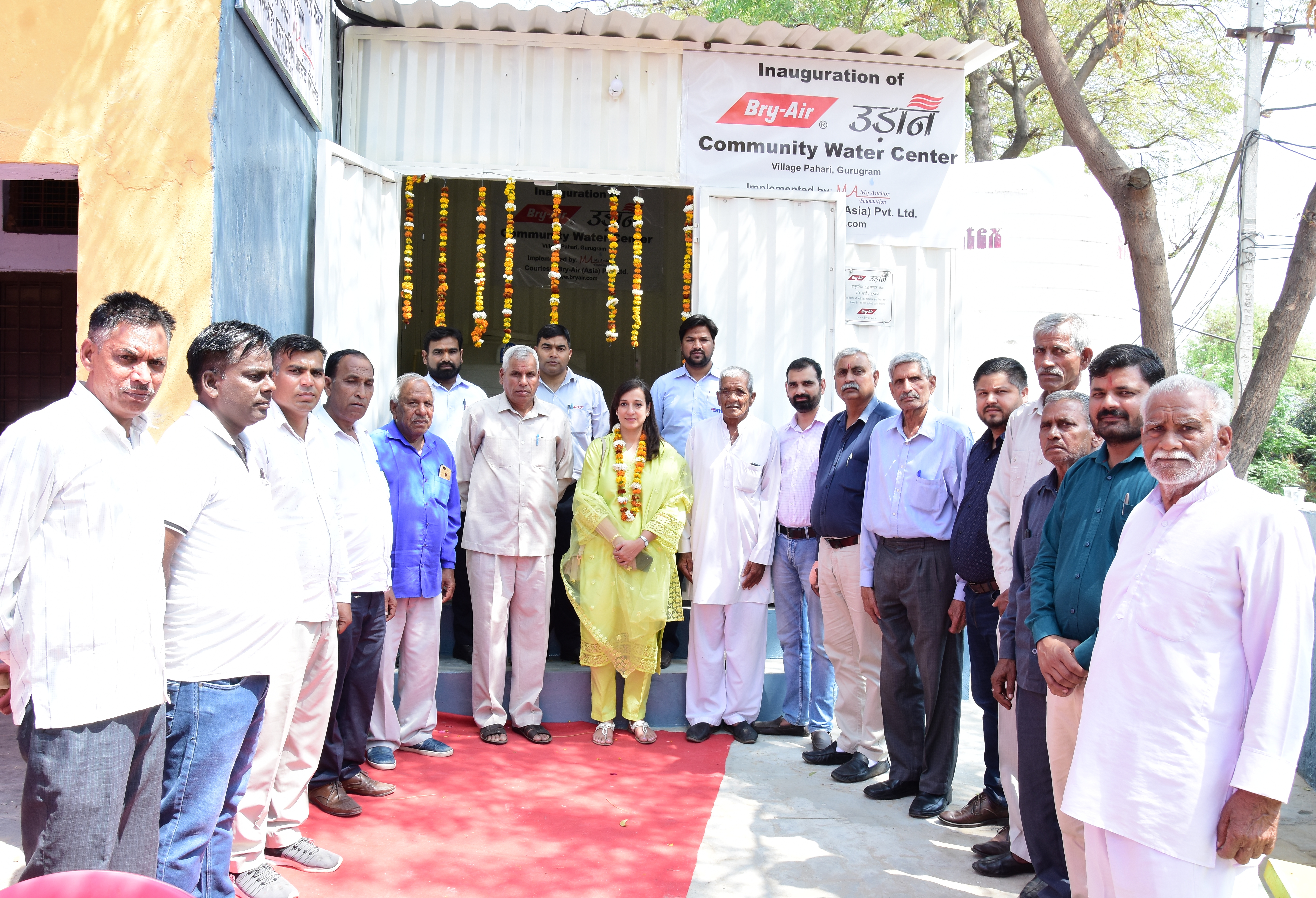 A. We measure the impact of our CSR initiatives through various indicators based on the short-term and long-term impact. Primary among them is the quantitative data collected over the course of the project. Data on the number of beneficiaries reached, eye camps conducted, eye surgeries performed, medicines and spectacles distributed, and students supported in education programs are collected and analyzed.
A. We measure the impact of our CSR initiatives through various indicators based on the short-term and long-term impact. Primary among them is the quantitative data collected over the course of the project. Data on the number of beneficiaries reached, eye camps conducted, eye surgeries performed, medicines and spectacles distributed, and students supported in education programs are collected and analyzed.
We also regularly develop case studies for the project, allowing us to collate qualitative evidence of the positive changes brought about by the initiatives.
Pahwa Group also looks at long-term outcomes and indicators such as increased access to education, improved health outcomes, enhanced livelihood opportunities, and environmental sustainability. By using a combination of quantitative and qualitative measures, Pahwa Group assesses the impact of its CSR initiatives and ensures continuous improvement in achieving the desired outcomes.
Q. Pahwa Group has included innovation as an integral element of its identity. What role does innovation play in driving the CSR and sustainability agenda of Pahwa Group?
A. Innovation is at the heart of everything we do here at Pahwa Group, and our CSR and sustainability initiatives are no different. The Group recognizes that innovative approaches and solutions can create a greater impact and address social and environmental challenges effectively.
Through innovative applications, we have been able to develop innovative model for eye camps and eyecare services that provide comprehensive diagnosis and treatment directly to the underprivileged. Moreover, we have always put extra efforts into ensuring that the villagers coming to us are comfortable and confident in our technology and practices, so much so that their perception that cataract is incurable has been gradually overturned.
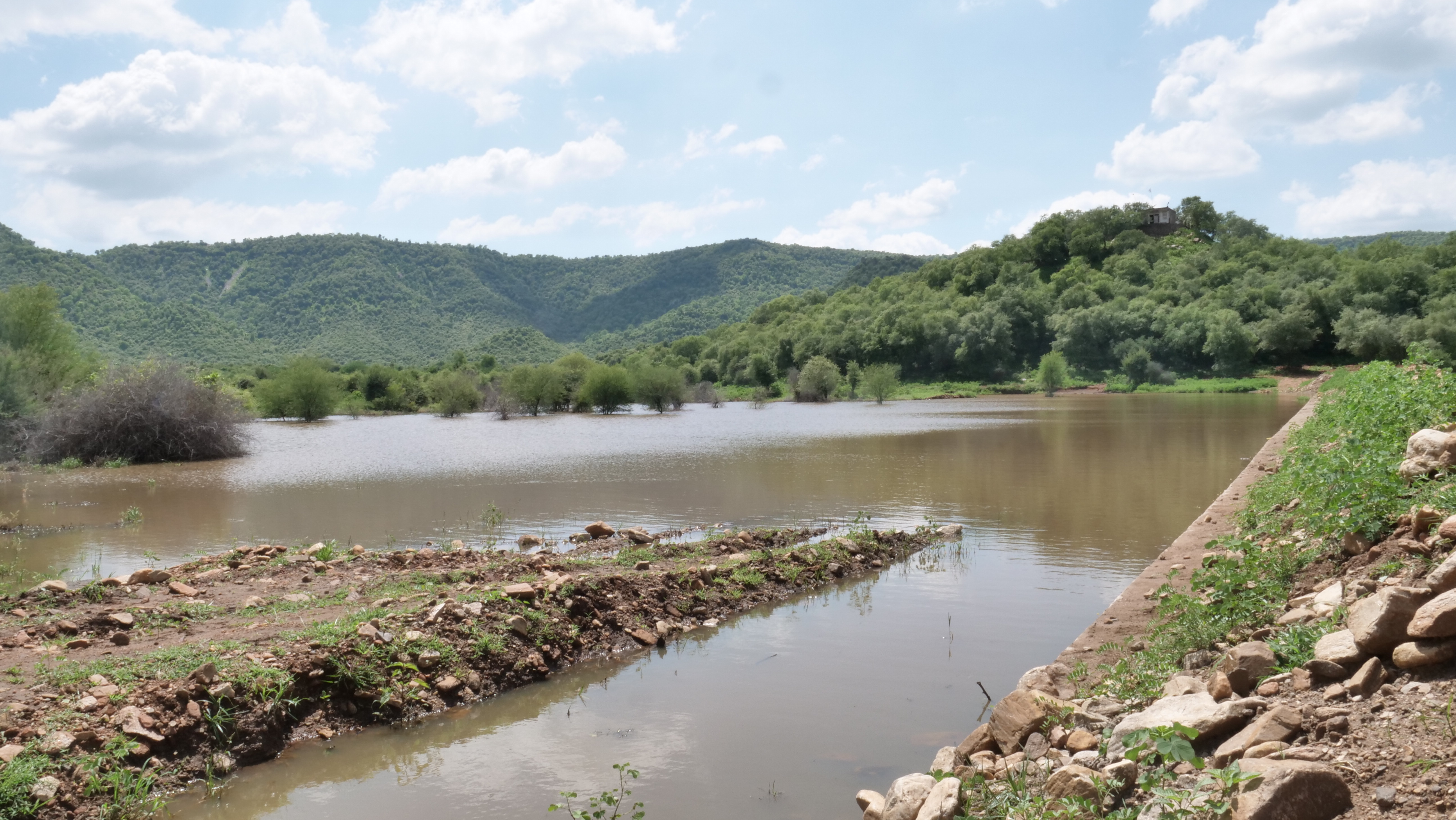 We have also introduced new technologies and practises for sustainable agriculture and water conservation, helping us enhance environmental sustainability. The company’s innovative vision has aided the team to implement skill development programmes that incorporate innovative teaching methodologies and vocational training, empowering individuals for gainful employment.
We have also introduced new technologies and practises for sustainable agriculture and water conservation, helping us enhance environmental sustainability. The company’s innovative vision has aided the team to implement skill development programmes that incorporate innovative teaching methodologies and vocational training, empowering individuals for gainful employment.
Innovation allows Pahwa Group to push boundaries, find creative solutions, and deliver greater value to the communities it serves, contributing to our overall CSR and sustainability agenda.
Q. What are some of the future plans or goals of Pahwa Group with respect to CSR and sustainability?
A. The future will definitely see us expanding the scope of our CSR initiatives. With our plan to focus on our Sustainable Livelihood Program for Women and Sustainable Agriculture Resource Centre, sustainability will be championed through multiple avenues. Apart from this, we look forward to investing considerable energies on our Sapling Plantation and Check Dam initiatives going ahead.




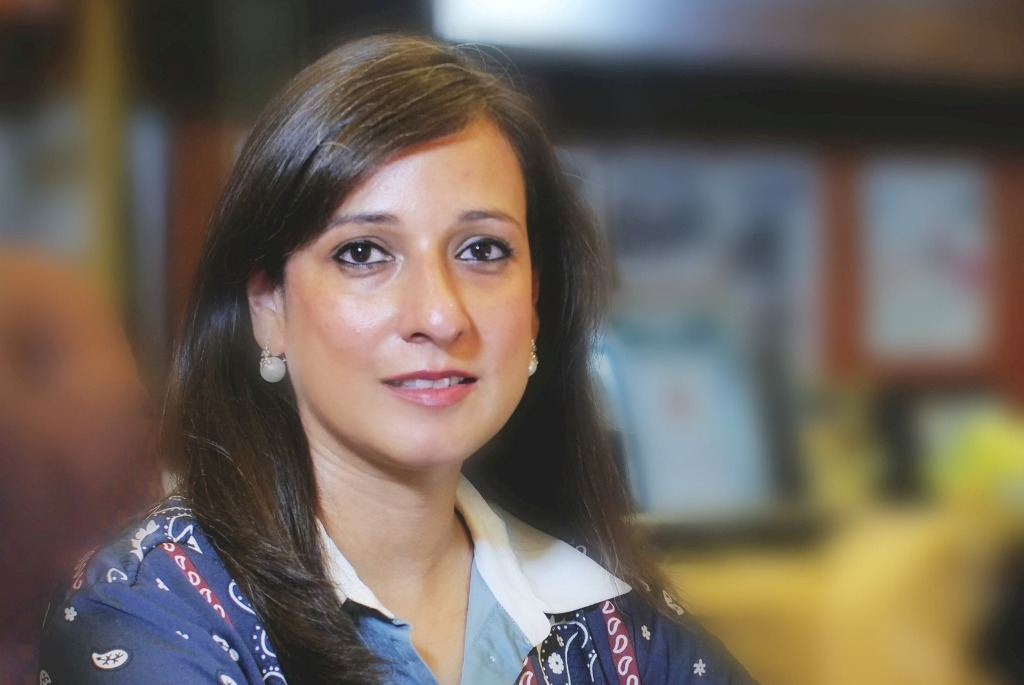
 A. Bry-Air and DRI have taken many initiatives in the field of CSR which have generated real-life impact on the underprivileged. Some of the major projects include:
A. Bry-Air and DRI have taken many initiatives in the field of CSR which have generated real-life impact on the underprivileged. Some of the major projects include: - DRI Sustainable Agriculture Resource Center: One of our most recent initiatives, the Centre was inaugurated in partnership with Sapna NGO. It looks at promoting sustainable agricultural practises, organic farming and helping over 150 farmers improve their soil health.
- DRI Sustainable Agriculture Resource Center: One of our most recent initiatives, the Centre was inaugurated in partnership with Sapna NGO. It looks at promoting sustainable agricultural practises, organic farming and helping over 150 farmers improve their soil health. A. We measure the impact of our CSR initiatives through various indicators based on the short-term and long-term impact. Primary among them is the quantitative data collected over the course of the project. Data on the number of beneficiaries reached, eye camps conducted, eye surgeries performed, medicines and spectacles distributed, and students supported in education programs are collected and analyzed.
A. We measure the impact of our CSR initiatives through various indicators based on the short-term and long-term impact. Primary among them is the quantitative data collected over the course of the project. Data on the number of beneficiaries reached, eye camps conducted, eye surgeries performed, medicines and spectacles distributed, and students supported in education programs are collected and analyzed. We have also introduced new technologies and practises for sustainable agriculture and water conservation, helping us enhance environmental sustainability. The company’s innovative vision has aided the team to implement skill development programmes that incorporate innovative teaching methodologies and vocational training, empowering individuals for gainful employment.
We have also introduced new technologies and practises for sustainable agriculture and water conservation, helping us enhance environmental sustainability. The company’s innovative vision has aided the team to implement skill development programmes that incorporate innovative teaching methodologies and vocational training, empowering individuals for gainful employment.
